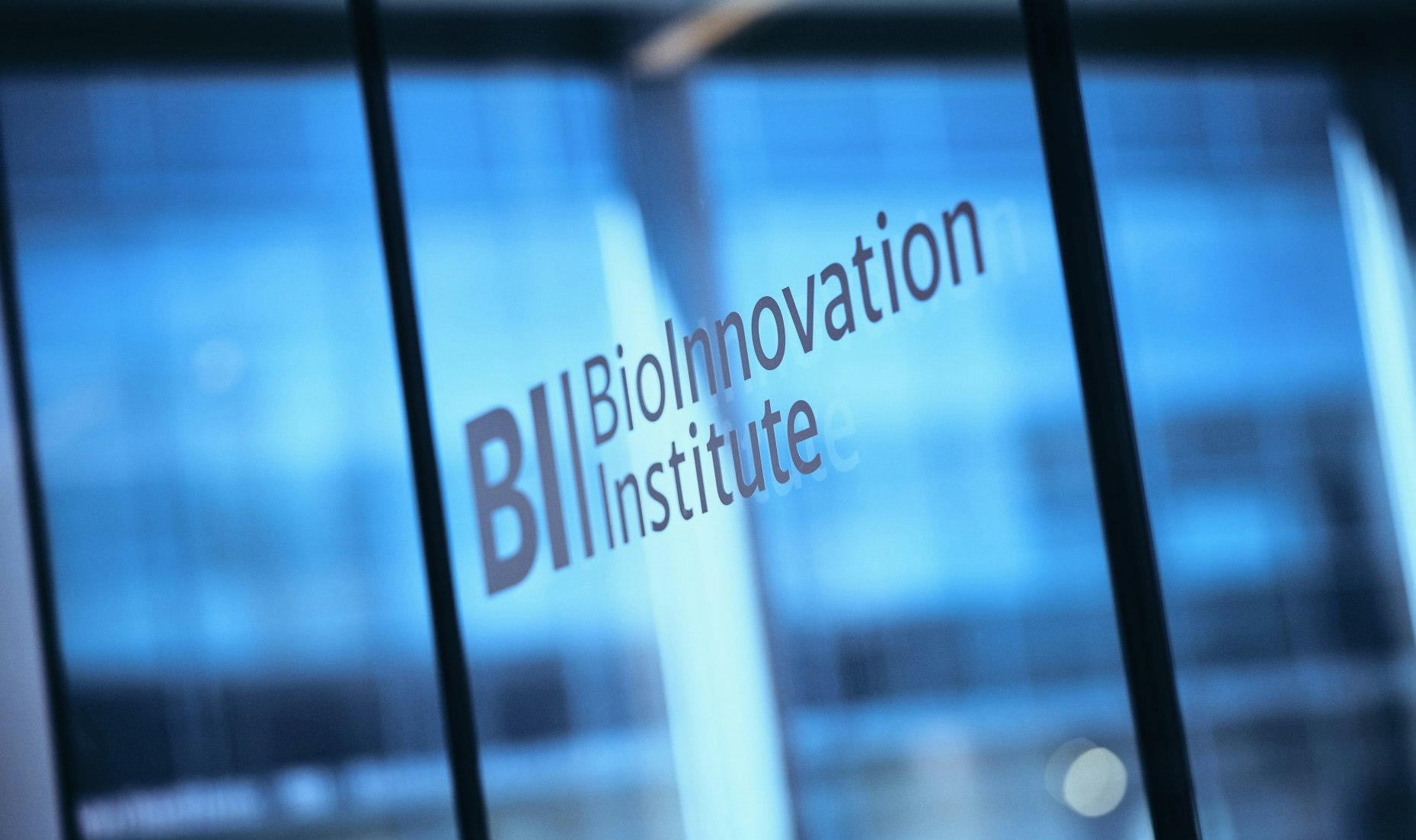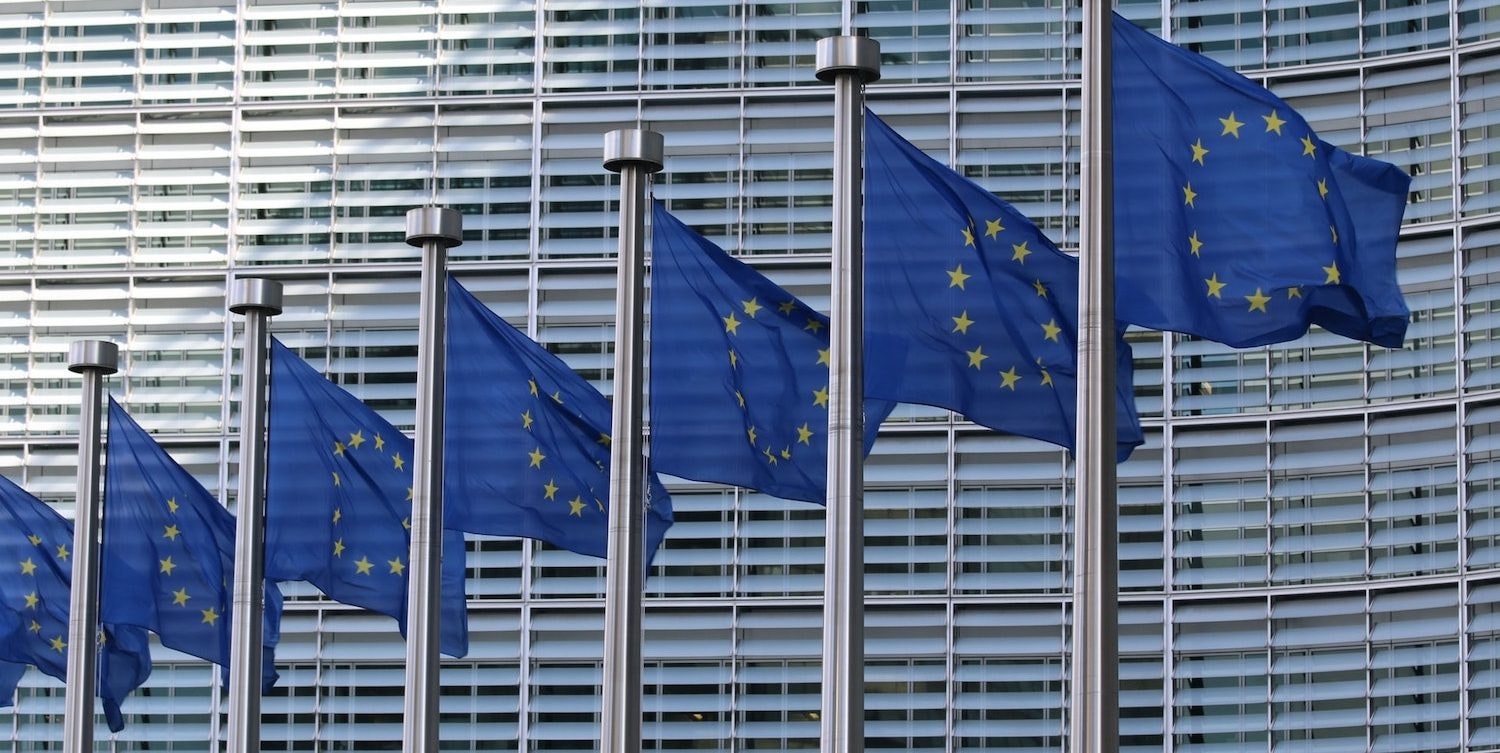Elon Musk’s rise to the role of “chief buddy” under Donald Trump’s second White House administration has stirred division among European tech leaders, with some calling for the EU to adopt his deregulatory agenda.
The Tesla mogul spent more than $200m supporting Trump's run for office. In the process, he helped forge new bonds between the US government and Silicon Valley, which saw investors like Vivek Ramaswamy and Marc Andreessen invited to advise the administration, while winning support from Big Tech leaders like Mark Zuckerberg and Jeff Bezos.
Musk is preparing to oversee a new Department of Government Efficiency (DOGE), which he promises will shrink government headcount and spending, while rolling back what he deems onerous business regulations.
I would love to see the same thing happening in Europe.
Now a growing number of European founders and investors have felt a similar call to action. Of the eight Sifted interview for this story, most voiced support for some form of "DOGE for Europe" to cut back red tape, while others said they had recently met with or donated to a political party for the first time.
"Most of us grew up in a time when politics didn’t seem to matter too much," says Nikolas Samios, managing partner at VC firm PT1. "Centrist governments ruled for decades in Europe, with only slight shifts between the ruling parties. This created a dangerously cosy illusion that ... the political system was on a stable course and didn’t require our involvement," he says.
"With the rise of the new right wing, that has changed dramatically."
A 'DOGE' for Europe?
Pierre Entremont is the cofounder of Frst Capital, a VC firm based in Paris which has previously invested in startups like AI-powered biotech Owkin and grocery delivery app Cajoo. He tells Sifted that Musk is the “archetype of the ideal entrepreneur”: an expert at identifying bottlenecks and eliminating inefficiencies wherever he finds them.
“It saddens me because I would love to see the same thing happening in Europe,” Entremont says. “I hope that when people see the success that will very probably happen in the US, they start taking interest in this way of doing things. Little by little, the idea will grow.”
The EU has frequently clashed with the world's biggest tech companies as it rolled out new laws, often the first of their kind globally, designed to limit their market power, enhance consumer protections and place guardrails on any potentially dangerous products.
A recent report from former Italian prime minister Mario Draghi urged the EU to foster innovation by upping investment and cutting regulation, drawing cheers from some in the tech industry.
Musk wants huge corporations to be able to do whatever they want.
Danijel Visevic, partner at climate tech VC World Fund, says the EU might benefit from a DOGE-like entity. “Not all of Trump’s policies are bad, but most of them are horrible,” he says.
"We need a simplification — not necessarily deregulation — of rules so they are easier to understand and adapt. Europe is good at creating regulation, but very bad in the execution of regulation and more efficiency is needed.”
Alexandra Geese, a German MEP who worked closely on the bloc’s Digital Services Act (DSA), says she agrees politicians should make laws easier for businesses to follow, but rejects any Musk-style calls for deregulation.
“Streamlining legislation and making it easier to navigate is a very reasonable ask from industry,” she says. “But what Musk wants huge corporations to be able to do whatever they want.”
Behind the curve
David Oudsandji, cofounder and CEO of EV battery startup Voltfang, believes we could soon see a push for Musk-style policies from entrepreneurs across Europe. “I have a strong feeling some European founders will follow Musk's ideas,” he says.
“He is pushing for the complete freedom of founders to do what they want. They don’t have to care about people, the environment and society. You can grow faster, and not have to worry about regulation. But being a founder is not just about making a lot of money and growing as fast as possible, it’s about building something which the world needs.”
In recent months, Musk has drawn criticism for regularly posting about European politics on X, accusing UK prime minister Keir Starmer of being “complicit” in a decades-long grooming gangs scandal, criticising the judges in a high-profile migration case in Italy, and unapologetically endorsing Germany’s far-right AfD party.
Musk has always been admired by entrepreneurs across the pond for his innovations, but will his newfound interest in Europe encourage others to chime in?
“Europeans are just always a bit behind the curve, so maybe the next election cycle, all of the sudden you'll see some them being a bit more animated about taking a stance,” says Michael Jackson, a Paris-based VC at Multiple Capital.
"We've see over the last few years probably more VCs and entrepreneurs in Europe [trying to influence policy]. You're starting to see advocacy groups for entrepreneurs, these initiatives like EU Inc. These types of organisations which didn't exist five years ago."
Party politics
Last week Eric Demuth, the German CEO of cryptocurrency exchange Bitpanda, announced on Linkedin the company coughed up a total of €1.75m in donations to four centrist political parties in Germany –– the CDU, SPD, FDP and CSU –– ahead of upcoming snap elections next month, writing that citizens would “benefit from a stable democracy and a strong economy.”
Demuth, who generally avoids speaking publicly about politics, tells Sifted he felt it important to intervene ahead of his home country’s elections next month.
While he disagrees with Musk on the AfD, Demuth says that’s no reason to write off all his ideas. “Whether you like it or not anymore, they are our biggest ally. When you’re working in a company, and you don’t like your colleagues on a personal basis, you have to be professional.”
Samios, of PT1, says his firm recently started hosting meetings with German political parties ahead of the election. "The idea of reducing bureaucracy and fostering an entrepreneurial spirit within public institutions is something we can agree on in principle," he says.
"We believe digitization is the best and most effective way to increase efficiency, not simply firing people. Public institutions need skilled workers to tackle the truly important issues we face."



